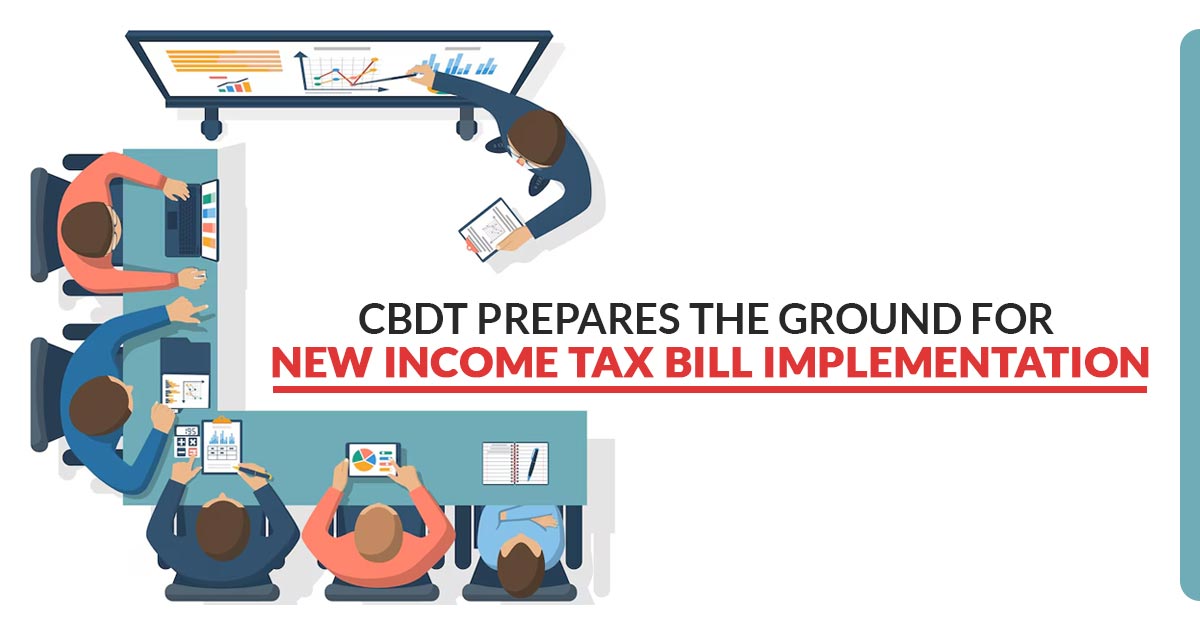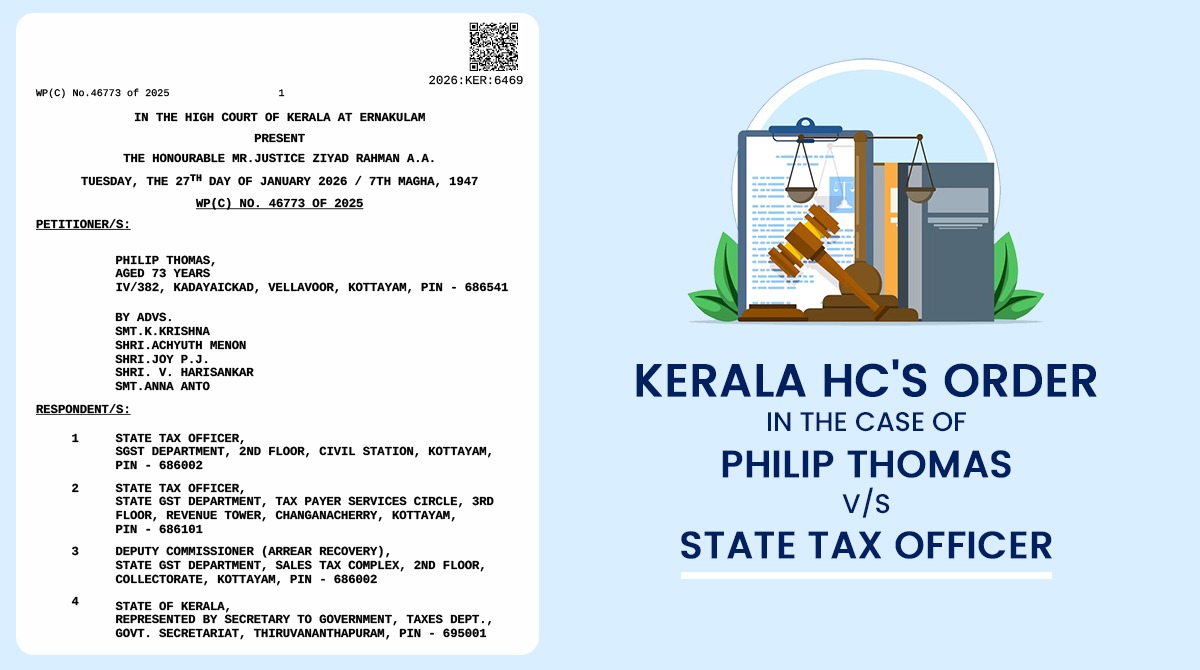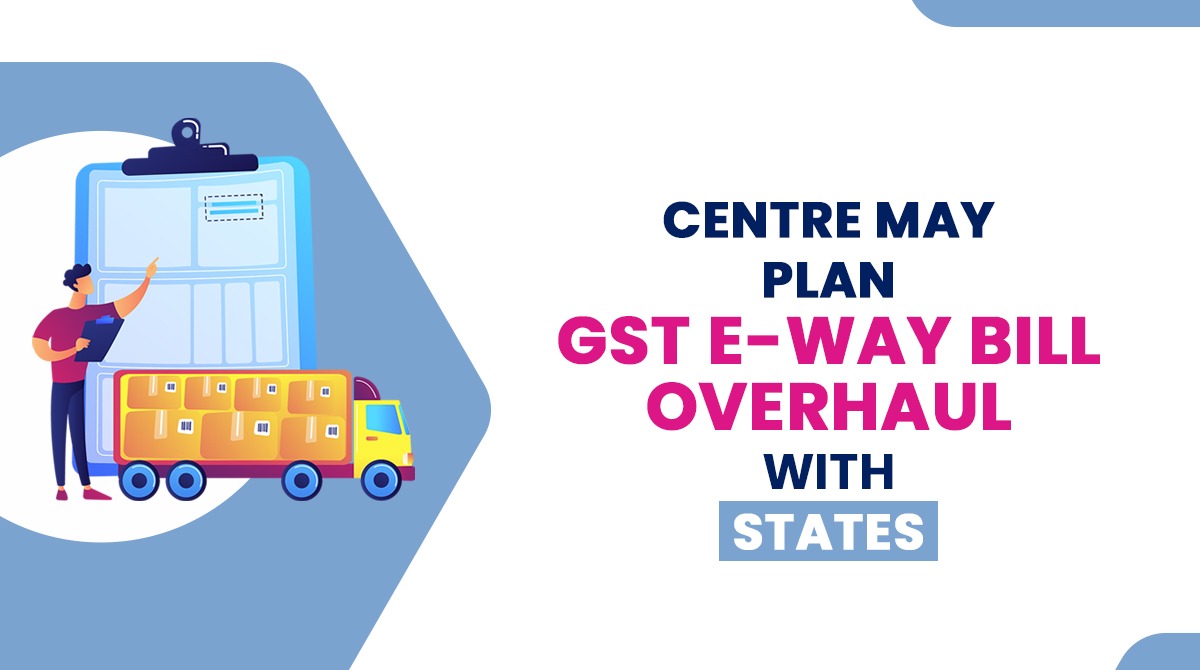
The Central Board of Direct Taxes (CBDT), in anticipation of the passage of the upcoming Income Tax Bill, has established an implementation program. As per the action plan for FY 2025-26, the Board aims to educate at least half of its workforce by the end of March.
The new Income Tax Bill, following its introduction in the budget session, is currently being analysed by the Select Committee of Parliament. The bill is anticipated to be taken up for consideration in the session of monsoon session, with the new income tax act expected to be passed shortly after that. In the new bill, there will be easy language, elimination of redundancy, and facilitation of procedures and methods to improve the taxpayer experience, the government mentioned.
A thorough analysis and internalisation of objectives by all employees of the Income Tax Department is needed for the success of the new law.
To ensure understanding of the distinct aspects of the new Income Tax Bill, the Directorate of Training will prepare a comprehensive roadmap for workforce training. In the process, the Principal Chief Commissioners of Income Tax (Pr. CCsIT) from all regions will be required to play a crucial role.
Important: CBDT Issues Notification No. 49/2025 for Revised ITR-U Form for Taxpayers
They would be required to play a significant role in understanding and conveying the finer nuances and objections of the new regulation to the taxpayers and tax administrators under their jurisdiction.
As per that, after the bill gets passed, all Pr CCsIT will plan outreach activities to outline the basic tenets and objections of the new income tax act. The goal is to organise at least 5 such activities in every quarter, starting with the quarter in which the Bill is passed.
A monthly training calendar shall be drawn by all Pr CCsIT, determining time and distinct stakeholders to be covered via such training by June 30. Training is to be for at least 50% of the personnel of their region by March 31, 2026, officials ensured.
The Income Tax Act, 1961, shall be substituted by the new bill after its legislation. In 1961, the current income tax act was legislated and came into force w.e.f. April 1, 1962. Nearly 65 times, with more than 4,000 amendments, it has been revised, she cited, while explaining the requirement of a new Bill.
Post Bill’s introduction in February, the Finance Ministry cited that it had offered to remove the redundant provisions, lessening its length by nearly half. The style of the draft is straightforward and clear, which makes the provisions simpler to comprehend. Aggregating all applicable provisions associated with a single scenario in one place reduces cross-references and contention.
While the 1961 Act includes multiple cross-references to sections, sub-sections, clauses, sub-clauses, items, and sub-items, making the provisions difficult to interpret, the new Bill assumes an easier reference system, permitting provisions to be mentioned by simply citing the section. For example, section 133 (1)(b)(ii) in the new Bill would imply sub-clause (ii) of clause (b) of sub-section (1) of section 133 in the existing Act.
Read Also: Simple Meaning of Confusing Income Tax Terms for People
The removal of the terms ‘previous year’ and ‘assessment year’ in favor of a single ‘tax year’ is one of the key features of the Bill. Before 1989, the concepts of ‘previous year’ and ‘assessment year’ were used, allowing taxpayers to adopt different 12-month periods as the previous year for each source of income. However, from April 1, 1989, the previous year was standardised to align with the fiscal year in all cases.









